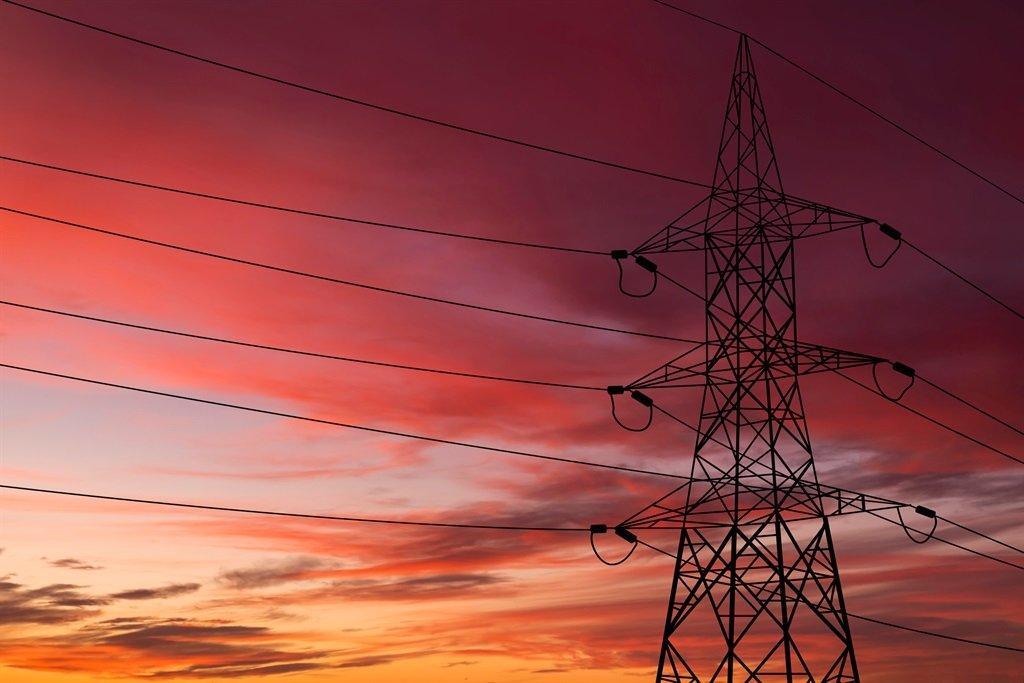Africa-Press – South-Africa. South Africa has been struggling with low economic growth since the 2008 financial crisis and the country’s unemployment rate has risen to a record-breaking 34.5% this year.
The situation, which was already plagued by load shedding and logistical hurdles, was exacerbated by the Covid-19 pandemic when it left thousands of people jobless and hungry.
In addition, the country faces growing competition from other African countries for foreign direct investment.
News24 spoke to two experts about the key issues facing the South African economy, plans to address them, and whether enough is being done:
What are the key issues facing South Africa’s economy?
University of Stellenbosch Bureau of Economic Research (BER) chief economist Hugo Pienaar told News24 that the economy was struggling before the pandemic when it was stuck at around 1% real GDP growth.
“I think it boils down to, perhaps, a lack of confidence; both business and consumer confidence were particularly low, and then you got this sort of once-in-a-100-year shock in terms of the pandemic,” Pienaar said.
“And then last year, which was supposed to be the recovery year, we got hit by load shedding again, and then we had the July riots, which was another unprecedented event.”
Economist, policy advisor, and development activist Sifiso Skenjana also pointed to the country’s inability to create jobs sustainably while many sectors are becoming uncompetitive and the debt burden is growing.
“If you aren’t able to re-energise your primary industry, as well as your secondary industry, then ultimately, you see what we see now where financial services within the tertiary industry are the ones that are growing,” Skenjana said.
“The challenge there is that the skill set that is required in the tertiary industry is not commensurate with the existing labour force. And as a result, you’re seeing growth coming out of that sector, but it’s not translating into employment outcomes.”
On the Record: A summit about South Africa’s future
Skenjana added that municipalities had been allowed to fall into dysfunction. This means any plans in agriculture, transport, or energy won’t be realised because they depend on municipalities.
Furthermore, South Africa has fallen behind in terms of research and development spending, and, at the same time, small to medium businesses aren’t being supported, and people are unwilling to start them.
What are the plans to address South Africa’s economy?
Skenjana said the National Treasury released an economic paper in 2019 on what can be done to fix the country’s economy, followed by the South African economic, reconstruction and recovery plan, which was released in October 2020.
These outlined several key interventions in electricity and logistics to improve the state of the economy.
“To completely transform Transnet is not an overnight thing. And I think it will take time. There’s a lot of institutional deficiencies that need to be resolved.”
While the reforms are heading in a positive direction, they are “low velocity” in terms of the pace at which they can translate into economic gains, Skenjana said.
“There seems to be a big thing about fiscal reform, and the big emphasis there was on the wage bill, but as you can see, from even when Tito Mboweni was Minister of Finance, they promised to take about R161 billion off the wage bill, and they haven’t been able to do that,” he added.
Pienaar said one of the key state announcements was by President Cyril Ramaphosa on energy reform.
He said another key focus area is on Transnet to get rail and ports improved dramatically.
Is enough being done to improve South Africa’s economy?
According to Pienaar, while the government has an accurate understanding of what the problems are, the key issue it faces is implementation.
“Not enough has been done to actually translate these reform announcements into actual delivery on the ground. And then I think we need to go back to specific government departments that have been shown to be to be blocking some of these things.
“There has been a big gap between solid plans that have been announced and the implementation.”
Skenjana added that there was a “misallocation of energy and resources” as the state wasn’t focusing on the right things in terms of reform.
“If you ask me, it is more around reallocation of time and resources into the projects that will actually be high-velocity, high-impact projects, and at this point in time, I don’t think that we’re focusing on the right thing.”
Instead, the state should focus on growing primary industries that could make an immediate impact on job creation, he said.
For More News And Analysis About South-Africa Follow Africa-Press






